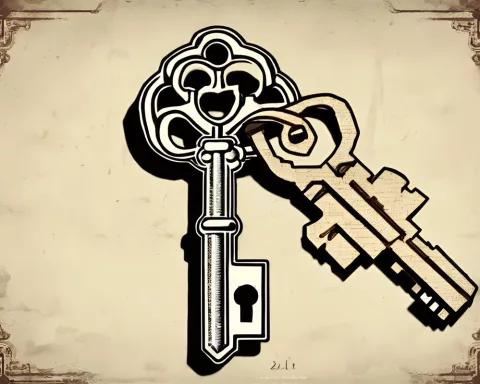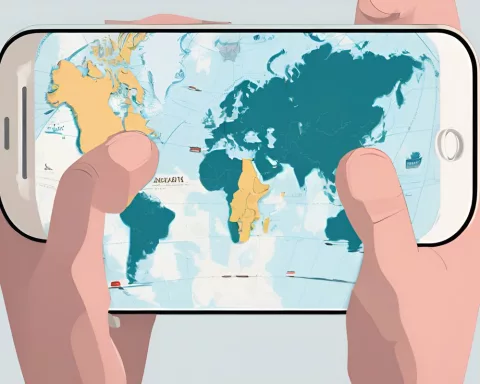September is a special month in South Africa as it recognizes and supports the deaf community through the National Month of Deaf People celebration. Among the organizations championing this cause is I Love Coffee, a coffee shop that has uplifted the lives of deaf individuals since it was established in June 2016.
Focusing on the Art of Roasting and Supporting the Deaf Community
I Love Coffee started as an artisanal coffee supplier, perfecting the art of roasting while creating a deep impact on the deaf community. In 2023, the company expanded its horizons by opening four sites in London’s WeWork co-working offices, furthering their mission of promoting inclusivity and providing opportunities for the deaf community in the UK.
The company’s ethos revolves around the idea that coffee is a universal language, capable of bridging the divide between hearing and deaf communities. I Love Coffee’s commitment to exceptional coffee is matched by their dedication to supporting the deaf community. The company operates like any other specialty coffee shop but with a unique twist – a focus on serving both coffee and the community.
Corporate Partnerships and Impact on the Workforce
Corporate partnerships play a vital role in I Love Coffee’s business model. By collaborating with the company, businesses can make a significant contribution to deaf employment and help foster an inclusive environment that celebrates human connections. Procuring coffee, food services, or hiring trained deaf baristas are just some examples of how companies can support I Love Coffee’s mission.
The impact of I Love Coffee is evident in their workforce, where 70% of employees are deaf or hard of hearing. The company goes beyond just offering jobs, as they also provide essential skills training for their staff, paving the way for future opportunities in the hospitality industry.
Roasting Operations and Coffee-Related Sign Language
I Love Coffee operates 14 locations across Cape Town, Johannesburg, and London, roasting its beans in Cape Town using a Prodat Ug22 roaster – an artisanal gem restored to perfection. At the helm of their roasting operations is Mike Morritt-Smith, a coffee expert with nearly two decades of experience.
One of the most interesting initiatives undertaken by I Love Coffee is encouraging customers to “learn to sign your order.” Simple phrases and coffee-related sign language are available on their website, promoting inclusivity and celebrating the unique culture and language of the deaf community.
Supporting an Inspiring Coffee Shop
With its mission to bridge the gap between deaf and hearing communities through coffee, I Love Coffee continues to expand and touch more lives. If you find yourself in Claremont, be sure to support this incredible and inspiring coffee shop.
Address: 103 Garfield Rd, Claremont
Opening Hours: Monday to Friday, 8 am to 4 pm | Saturday, 8 am to 2 pm
Website: ilovecoffeegroup.co.za












